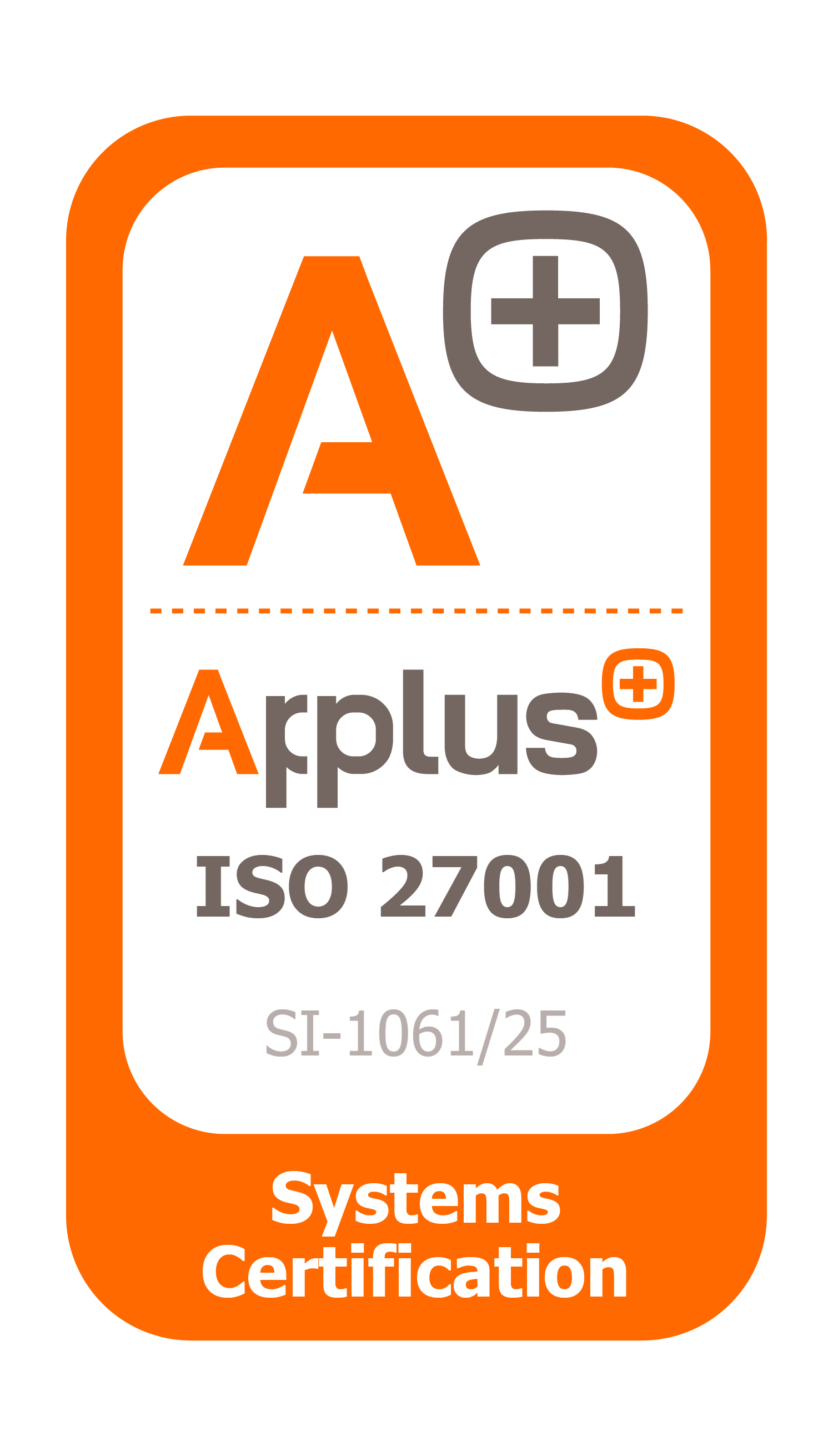Hybrid work on the rise in 2024
The employment landscape is undergoing a remarkable transformation, with a clear shift towards hybrid work. According to a recent Morning Consult report, conducted in January, employees show a greater preference for hybrid work compared to remote work. This shift marks the first time hybrid work has overtaken remote work since the firm began tracking these preferences in 2022. In addition, 30% of Americans plan to apply for hybrid jobs in the future, according to the same report.
Against a backdrop of an overall decline in employee engagement, hybrid work was the only work model to experience an increase in worker engagement between 2023 and 2024, the report reveals. What’s driving this enthusiasm for returning to the office? A flexible dress code, childcare benefits and coverage of transportation costs were the top three factors that would motivate employees who work primarily from home to return to the office, according to the same report.
But while workers’ preferences are clear in some respects, in others there is still uncertainty. For example, Americans are divided on whether artificial intelligence will have a positive or negative impact on the workplace. According to the report, 44% of employees surveyed said they use AI in their work, with millennials and those with a graduate degree leading their use.
In several respects, workers’ sentiments remain unchanged from the previous year. The proportion of employees who wanted to quit their jobs changed little, reflecting the stabilised quit rate captured by the US Bureau of Labor Statistics. While Gen Z workers show more signs of quiet resignations, job satisfaction remains relatively strong overall, although complaints about pay persist.
Millenials, Generation Z and hybrid work
Some of the main reasons Millennials and Generation Z have a growing preference for hybrid work are due to a variety of factors that align with their values, lifestyles and work expectations. Some key reasons are:
- Flexibility: these generations value flexibility in their work life. Hybrid work allows them to better balance their professional responsibilities with their personal commitments, giving them the freedom to adapt their work schedule to suit their needs.
- Autonomy: Millennials and Generation Z prefer to have more control over how and where they do their work. Hybrid working gives them the autonomy to choose between working from home or the office, allowing them to create an environment that best suits their work style and helps them maximise their productivity.
- Technology: these generations have grown up immersed in technology and are adept at using digital tools to communicate and collaborate. Hybrid work leverages technology to facilitate remote collaboration, allowing them to stay connected with colleagues and clients regardless of their physical location.
- Well-being: Millennials and Generation Z increasingly value their well-being and quality of life. Hybrid working allows them to reduce the stress associated with the daily commute and gives them the flexibility to spend time on activities outside of work that promote their physical and mental well-being.
- Environmental impact: these generations are more aware of the environmental impact of their actions. Hybrid working, by reducing the need for commuting, contributes to the reduction of the carbon footprint associated with transport.
Reasons to prioritise hybrid work
- Enhanced flexibility: hybrid working combines the best of both worlds by offering flexibility in terms of where and when to work. This allows employees to adapt their working hours according to their individual needs, thus promoting a better work-life balance.
- Increased productivity: by allowing employees to choose the work environment that best suits their needs, hybrid working can increase productivity. Some workers may be more efficient at home, while others may thrive in an office environment. Hybrid working allows each individual to find the optimal balance.
- Improved employee engagement and satisfaction: offering hybrid work options can increase employee engagement and satisfaction by giving employees more control over their work environment. Employees value flexibility and autonomy, and hybrid work provides them with both.
- Reduced operating costs: for businesses, hybrid working can result in significant savings in operating costs, such as office rent, utilities and maintenance. By allowing part of the workforce to work from home, companies can reduce their physical footprint and optimise the use of their resources.
- Increased diversity and access to talent: hybrid working can broaden access to talent by removing geographical restrictions. Companies can hire talented employees who are unable or unwilling to relocate to a specific physical location, increasing the diversity and richness of the team.
- Resilience to crises and challenges: hybrid working provides resilience to crises and challenges, such as pandemics, natural disasters or transport disruptions. By having the infrastructure and culture to work remotely, companies can adapt quickly to unforeseen situations without disrupting operations.
Hybo, the ideal solution
Hybo stands out as the ideal solution for managing and optimising hybrid working due to a number of key features and benefits:
- End-to-end management: Hybo offers a comprehensive platform for managing and booking workspaces, both face-to-face and hybrid. This includes the booking of workspaces, desks, meeting rooms, canteen shifts and parking spaces, as well as the management and booking of external visitors and the tracking of facility and equipment issues. With all these functionalities integrated into a single platform, Hybo simplifies the management of company resources and improves operational efficiency.
- Real-time and cloud-based: Hybo operates in real-time as a cloud-based SaaS platform, which means it is always available and accessible from anywhere with an Internet connection. This facilitates collaboration and coordination between teams, even when working in different locations. In addition, being cloud-based, Hybo eliminates the need to install and maintain software locally, reducing the administrative burden for the business.
- Adaptability and flexibility: Hybo is designed to adapt to the changing needs of organisations and employees. With its ability to manage both face-to-face and hybrid workspaces, Hybo enables companies to create flexible work environments that accommodate individual employee preferences and promote a healthy work-life balance. This helps improve employee engagement and satisfaction, as well as overall business productivity.
- Resource optimisation: by enabling companies to efficiently manage and book their workspace resources, Hybo helps to optimise the use of facilities and reduce associated operational costs. This is especially important in a hybrid work environment, where the demand for workspace can vary from day to day. With Hybo, companies can maximise the utilisation of their resources and ensure that spaces are available when and where they are needed.
In short, Hybo stands out as the ideal solution for managing hybrid work because of its end-to-end approach, ability to operate in real-time and in the cloud, adaptability and flexibility, and ability to optimise the use of resources. With Hybo, companies can create flexible and efficient work environments that meet the needs of their employees and promote long-term success.
Beyond reservations, create experiences
Contact us and discover everything we can do for you.












